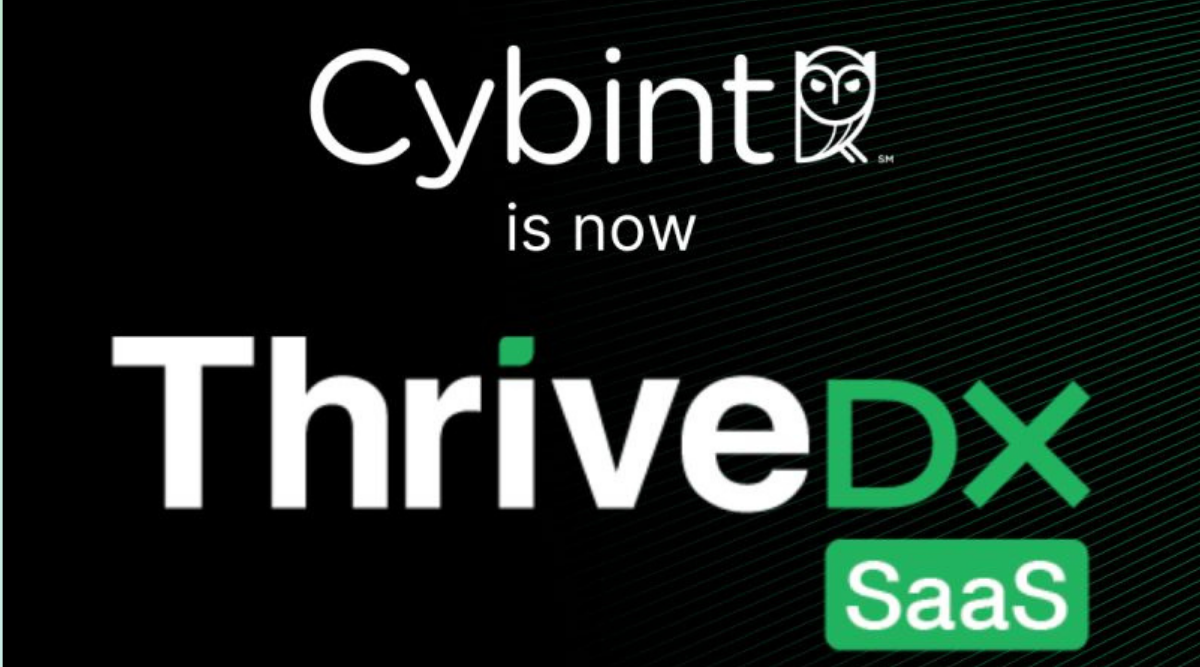Employee cyber protection is a crucial part of any business, and with the current global health situation, making sure that your employees are protected from cybercrimes while remote is a must. Transitioning your company to a “work from home” policy can be stressful in itself but knowing the best cybersecurity practices can help you have one less thing to worry about. Be on the lookout for anything out of the ordinary and follow these tips to help stay safe while online.

Avoid Working On Public Networks
While it can be tempting to want to get out of the house, at least for a little while, try and make sure that you are never working on anything too important while connected to a public network. Public networks are un-secure for a myriad of reasons:
- Public networks typically have no type of security enabled
- Many users all on the same network at the same time increases the security risk
- Public networks are a great target for hackers given the high amount of usage and lower security levels
In order to practice ideal employee cyber protection, if you’re working in public, try to work on something that is offline. You could read something you already downloaded, work on an offline Word document, things that don’t require an internet connection.
Regardless of what connection you are using, it’s good practice to always make sure that your connection will be secure. One commonly used way to do this would be through a Virtual Private Network, or VPN. However, using a VPN only makes your information harder to find, it doesn’t actually defend it extensively. If you’re looking for something a little more protected, try a secure SD-WAN option.
Watch Out For Phishing Attempts
Managing phishing attempts is a critical part of any employee cyber protection program. Phishing attempts are extremely common in general, but they are even more common during a pandemic. According to Google, in the first week of April 2020, they “saw more than 18 million daily malware and phishing emails related to COVID-19 scams.”
Knowing how to identify a phishing email is the best way to protect yourself. Phishing emails frequently contain a variation of the following signs:
- Often stresses some kind of urgent situation
- Fake email addresses are often very similar but slightly different than a legitimate one
- Contain a URL to an unfamiliar website
Part of ensuring quality employee cyber protection is knowing what to do once you’ve identified a phishing email. To ensure that none of your other employees fall into this trap, make sure that you report it to your IT staff as soon as possible. One of the most outdated cybersecurity workplace practices is relying too much on technology. Educating your employees is a great way to avoid any incidents happening in the first place.

Never Work From A Personal Device
People are often tempted to work from a personal device they might have, maybe due to lack of access to an approved device, or due to ease of use. Doing so can expose your work and personal data to a number of threats. In order to practice the best employee cyber protection, if you don’t have access to the devices you need, talk to your company about getting the tools that you need to work to your fullest.
Working on a personal device presents an opportunity for your personal data to fall in the wrong hands, not to mention potentially the sensitive information related to your job. Personal devices often lack a number of things for the best cybersecurity protection:
- Many personal computers don’t have up-to-date security programs
- Personal passwords typically are not as secure as recommended
- People can often improperly clear data when disposing of or giving away their devices
Make sure that all the technology you are using is work-approved, to help eliminate the possibility of any unnecessary exposure to cybersecurity threats.
Summary
Making sure that your company is following the most updated cybersecurity protocols is key to having high-quality employee cyber protection. Avoiding public networks can reduce the risk of important information being stolen. Knowing how to identify phishing attempts can reduce the number of times someone unknowingly gives up important information. Working only from company-approved devices can make sure that there are no security complications and that your personal information stays as safe as it can. Investing in cybersecurity education can pay dividends in the long run, and help keep your company as safe as can be.




